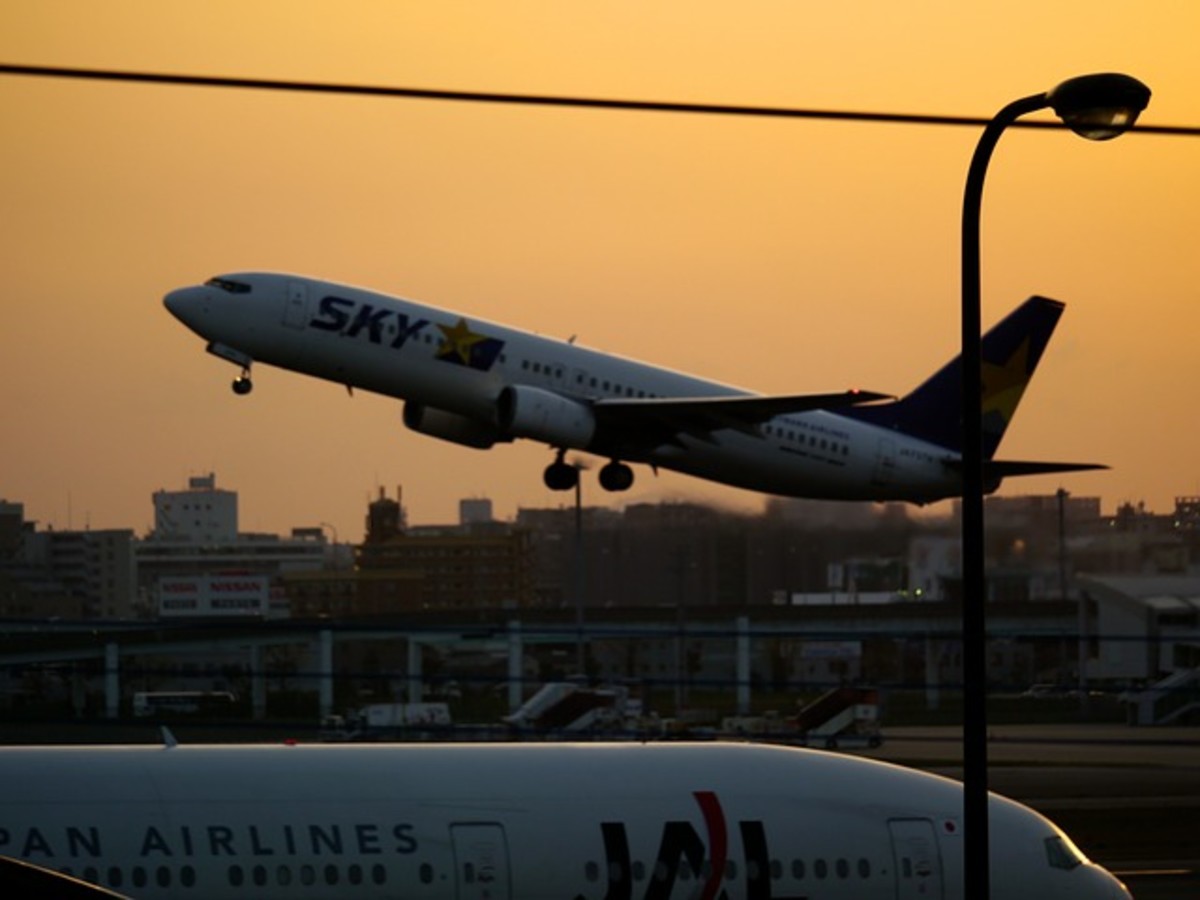Evaluating benefits and disadvantages of tourism to receiving areas

Source: http://hubpages.com/politics/Advantages-and-disadvantages-of-tourism
(From Ibike):
Advantage (depending upon implementation some of these can turn into disadvantages)
- employment (1 emp/1000 tourist) (labor intensive, few administrative positions, little upward mobility.)
- infrastructure development (roads, water, electricity, telecom and cybercom, but not necessarily local priorities.)
- cultural preservation (economic incentives to preserve food, fashion, festivals and physical history, but these tend to be superficial elements of a culture.)
- environmental protection (econ incentives to preserve nature, wildlife and urban cleanliness)
- foreign exchange (generates resources to import food, pharmaceuticals, technology, consumer goods.)
- development of health care services (those these aren't always available to local people.)
Disadvantages (depending upon implementation some of these can turn into advantages)
- cultural destruction, (modernization (world mono-culture), freezes culture as performers, loss: language, religion, rituals, material culture.)
- primary products (sun, sand, surf, safari, suds, ski, sex) (little value added, neo-colonialism)
- environmental destruction (game drives, resorts: golf, ski, beach, desert, world as play ground, SUV.)
- marginal employment (low skill, low wage, menial services, prostitution, drug trade, gambling, hustlers.)
- low benefits (no job security, no health care, no organizing, no work safety rules or enviro standards.)
- development of illegal and/or destructive economic activities (markets for drugs, endangered species, etc.)
- outside hiring (skilled middle and senior management recruited out of the area and transferred in.)
- concentration employment (walled resort enclaves.)
- seasonal employment
- outside decision making (decisions made outside of the area, corporate dollars corrupt government.)
- unrealistic expectations (divert young people from school and brighter futures.)
- anti-democratic collusion (industry support of repressive governments)
- land controlled by the elite (people relocated, agriculture eliminated, prohibited from N.P.)
- negative lifestyle's (STD's, substance abuse, begging, hustling)
- diverted and concentrated development (airport, roads, water, electricity to tourist destinations, development not accessible to locals),
- little forex stays in country (airplanes, vehicles, booze, hot air balloons, generally have foreign owners),
- package programs
- cruises (eat and sleep on board so the economic benefits to the ports-of-call is very thin and limited.)
- unstable market (fickle, affected by local and world events, generally highly elastic)
- health tourism (traveling to get medical procedure at lower cost) has it own set of unique challenges, which include: Determining the credential, skills and quality of the facility and personnel. Language communication challenges on topics requiring a lot of details, sometimes even when both parties seemingly speak the same language. Different cultural issues and expectations around health care and the body. Post-treatment complications, after the "tourist" has left the facility.
Source: http://www.ibike.org/encouragement/travel/tourism.htm

No comments:
Post a Comment